Sports and nutrition: proper diet for amateur athletes
Written by: Quirin Eberl, 08.06.2021
Proper nutrition is important, especially when exercising! Find out which foods and drinks will help you get the most out of your workout. If you are just starting out with the sport, this article will be very interesting for you and support you to enhance your performance.
Table of Contents:
- Balanced nutrition for athletes
- Here are two more nutrition tips
- I am currently eating very unhealthily. Are there any tips and tricks for making a permanent switch to a healthy diet?
- Do I actually have to eat more when I exercise?
- Here you have a small overview that can make your training easier and improve your performance


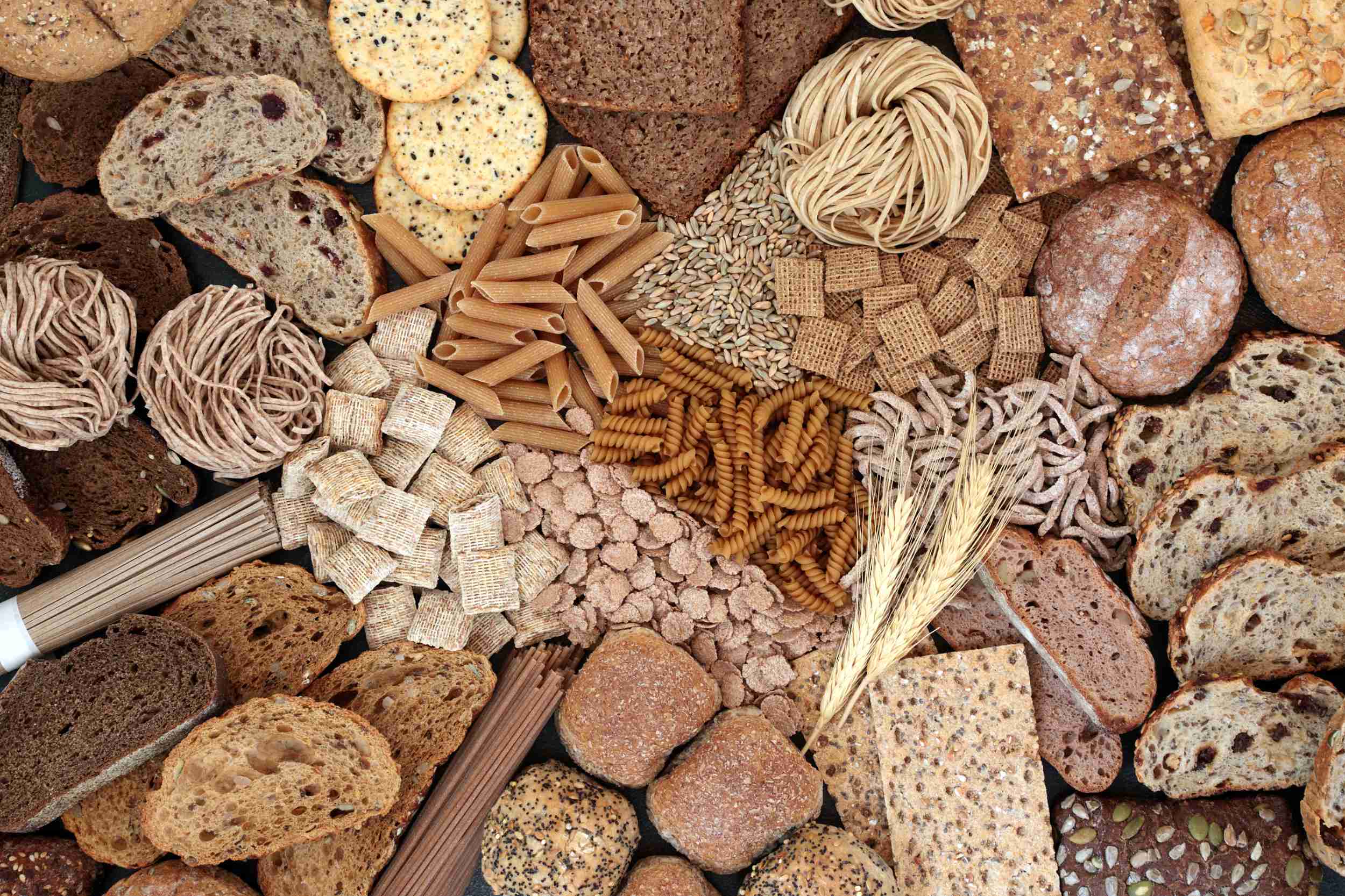

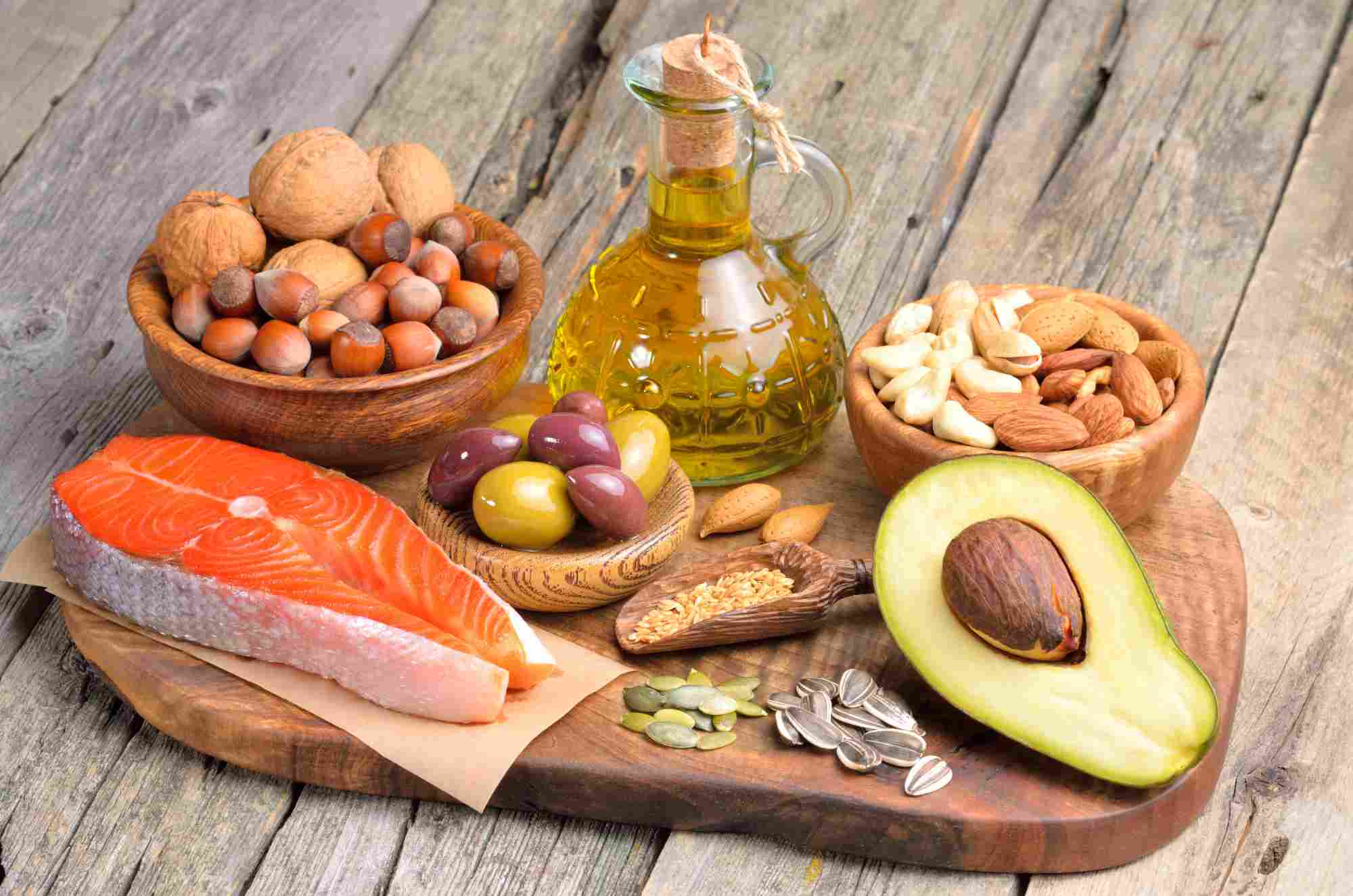
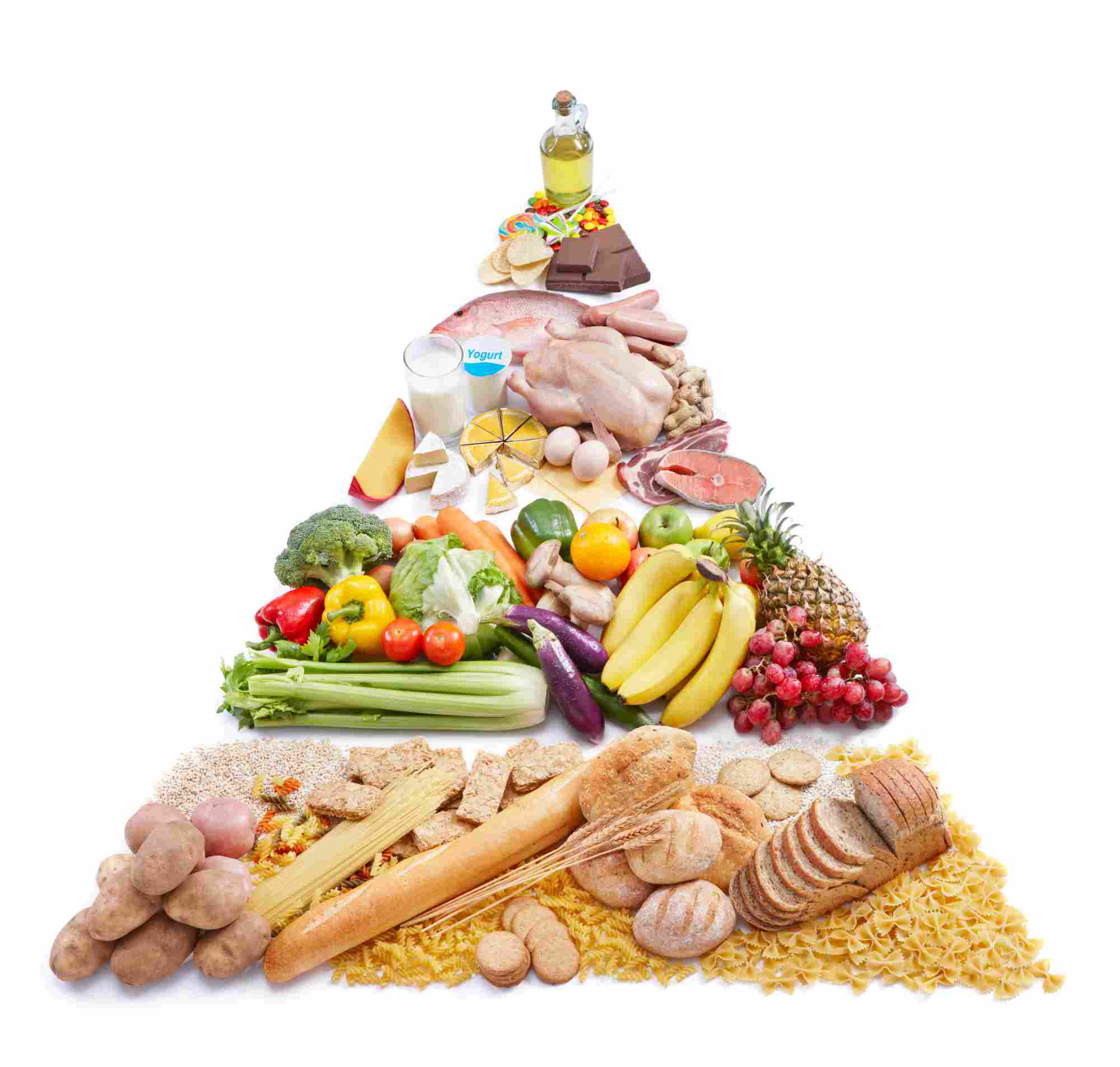
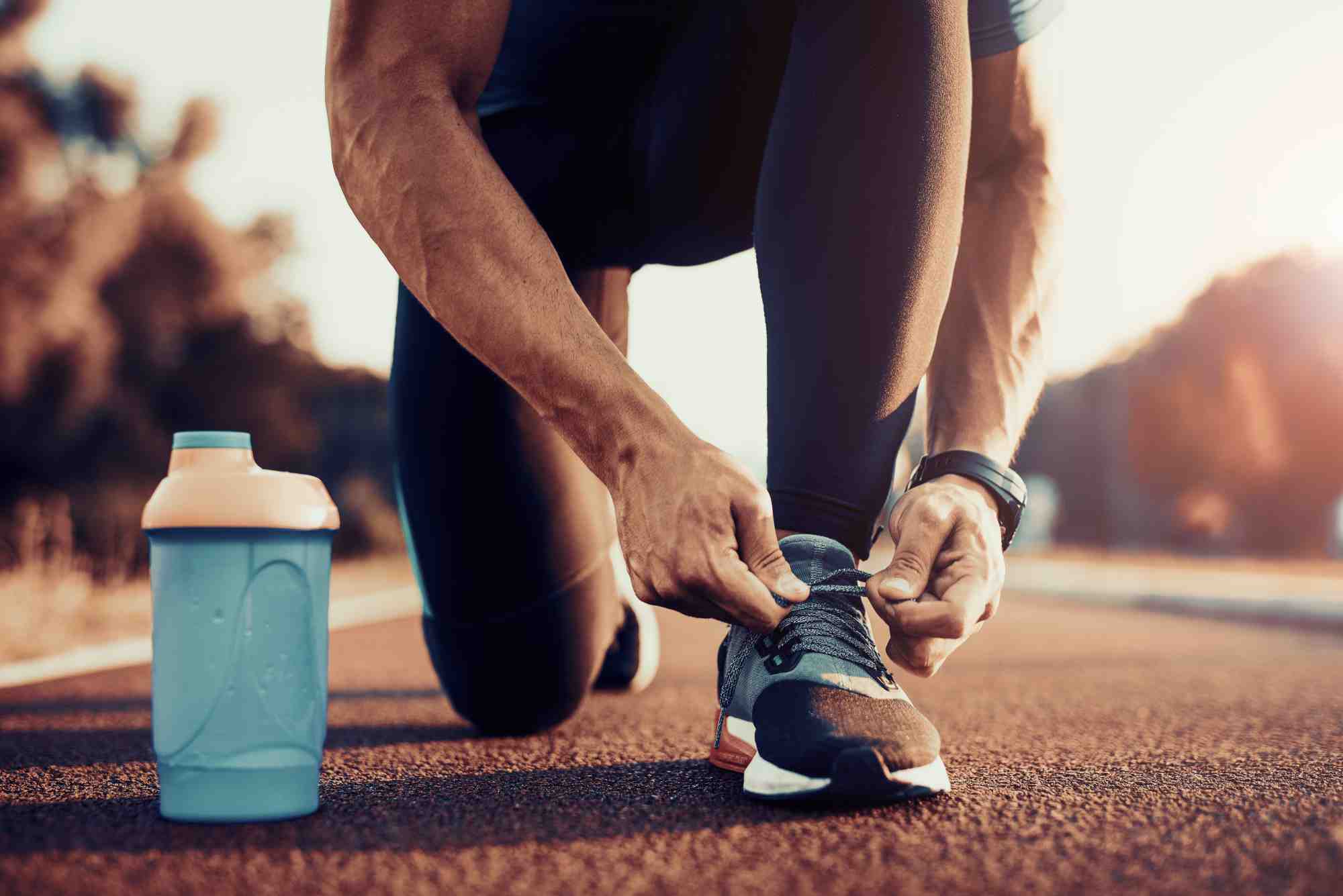
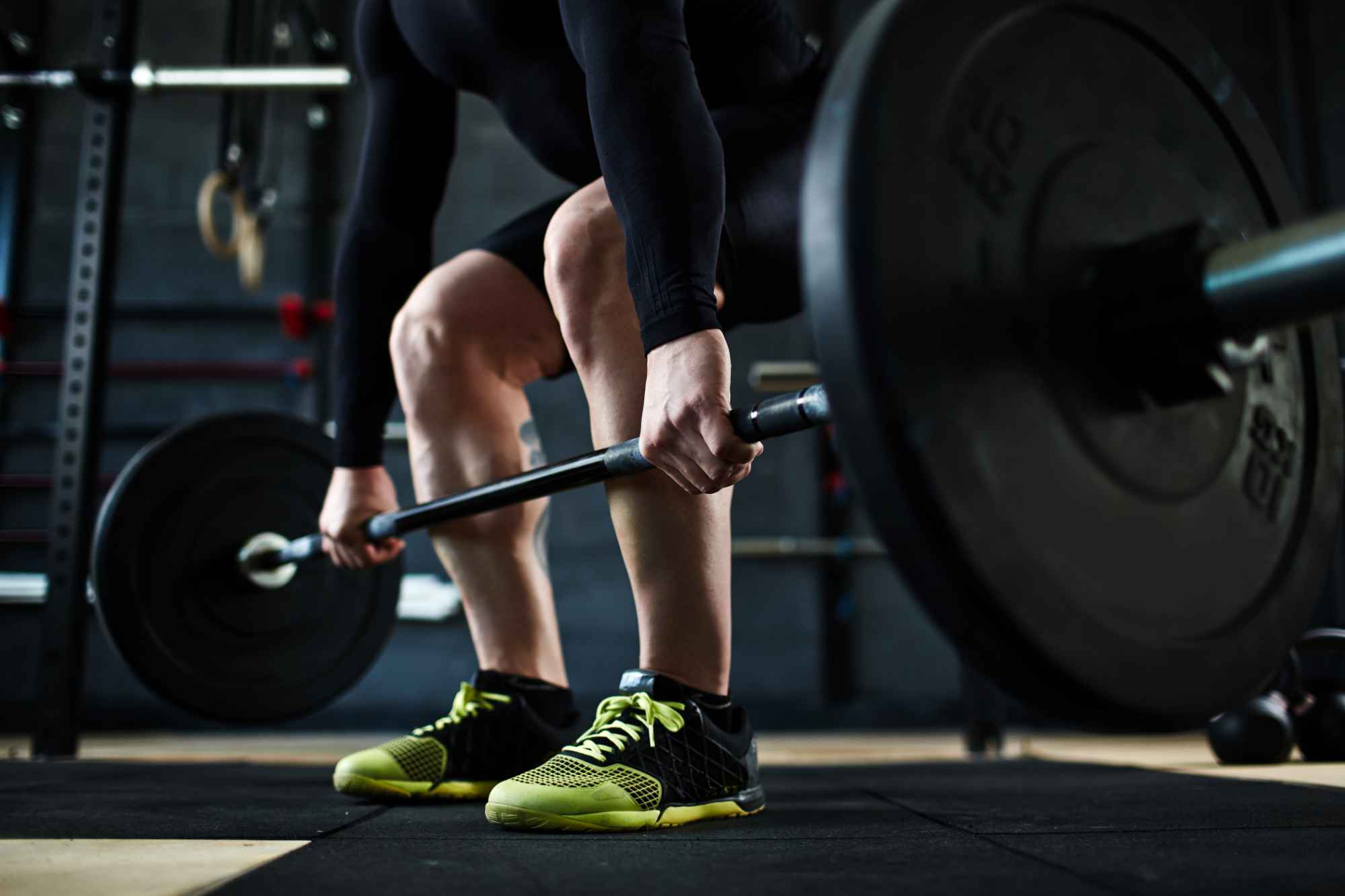

 Social connections will make your student life a lot easier! ©Adobe Stock
Social connections will make your student life a lot easier! ©Adobe Stock